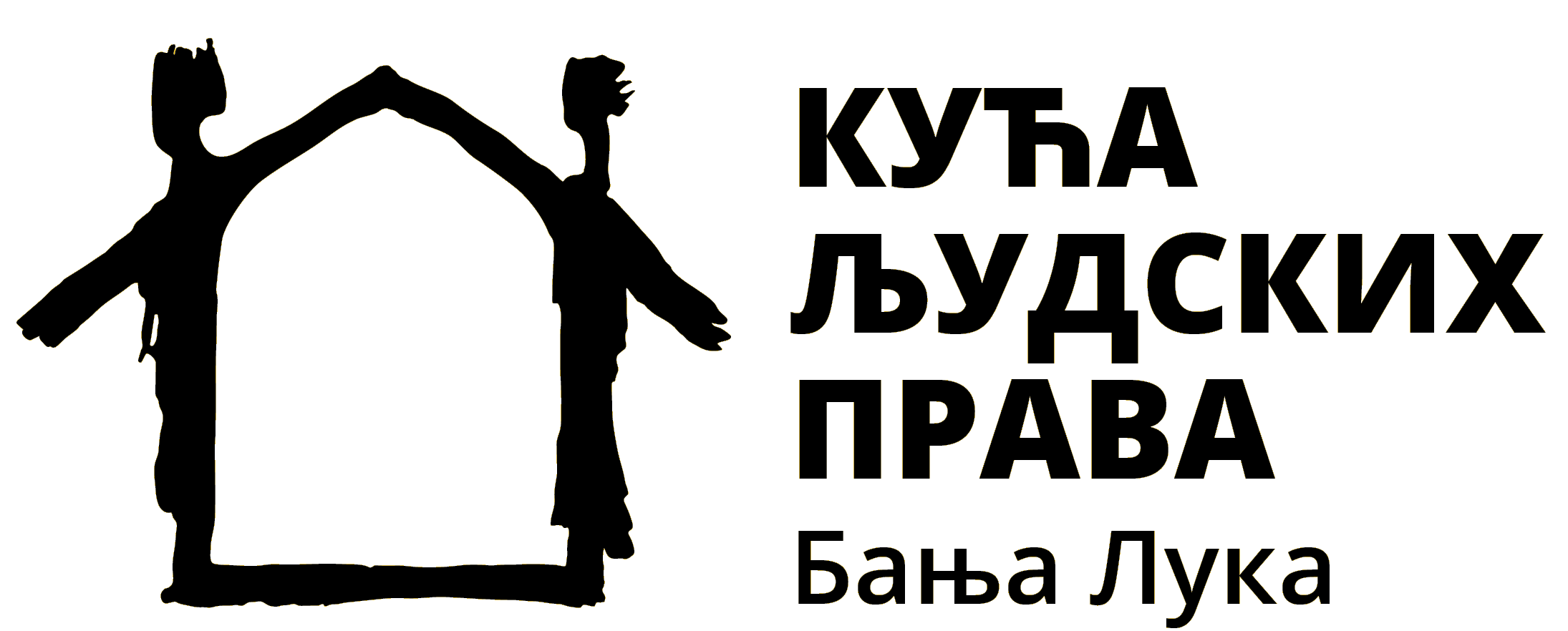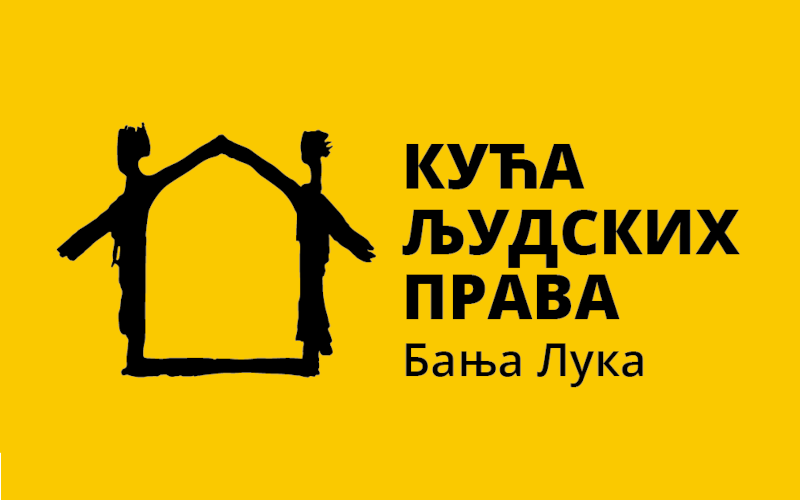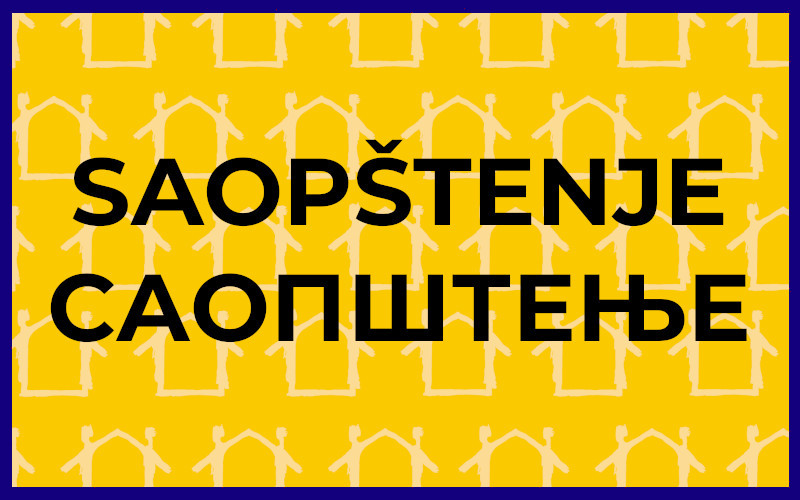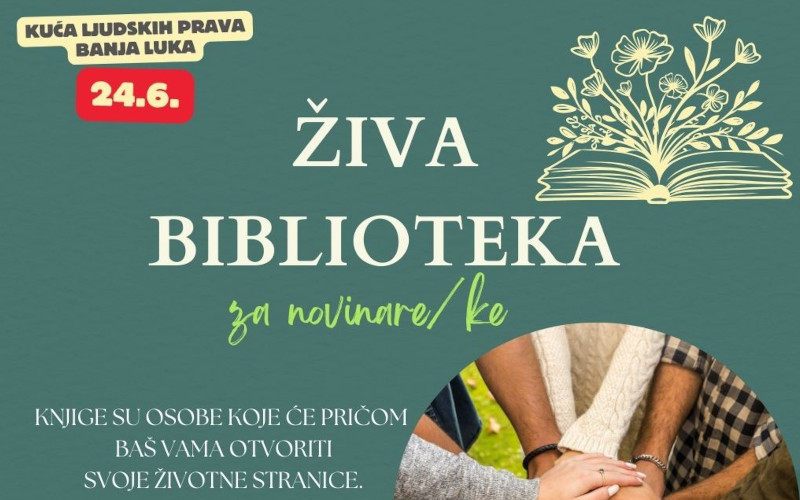Citizens, their organizations or their associations in the Republic of Srpska can write laws and send them to the National Assembly for discussion. However, it is necessary to go through certain steps and follow certain procedures. In this text, I will explain in what specific way it can be done.
The legislative process in a broader sense begins with the drafting law and its submission to the competent parliament. In this respect, they can generally be distinguished:
- proposing laws and
- initiating the adoption of laws.
Proposing laws represents the authorization of strictly defined entities within the system of government and a certain number of voters in connection with the adoption of new or amendment of existing laws.
The initiative for the adoption of laws represents a path through which primarily citizens and their organizations can initiate the adoption of new or amendment of existing laws. The initiative, based on the entities that have an active identification, is set wider than the right to propose laws, and it is one type of exercise of the right of citizens to address the authorities.
Proposing laws
The following have the right to propose laws, other regulations and general acts:
1. delegates in the National Assembly of the Republic of Srpska,
2. President of the Republic of Srpska,
3. Government of the Republic of Srpska,
4. and at least three thousand voters.
When it comes to delegates, the President and the Government of Republic of Srpska, the situation is clear. They can propose a law on which the National Assembly should then decide according to the prescribed procedure.
However, citizens through a citizen initiative, i.e. at least three thousand voters, also have the right to propose the passing of a certain law.
So how is it done?
↓
The path through citizen initiative
Citizen initiative is one of the forms of direct and free expression of citizens, i.e. direct democracy within the legal system of Republic of Srpska. Citizens participate in it by signing the corresponding proposal, and the right to participate in the citizen initiative belongs to those citizens who have the right to vote. The right to vote in Bosnia and Herzegovina is acquired from the age of eighteen, and every citizen of the Republic of Srpska/Bosnia and Herzegovina from the age of 18 has the right to vote and be elected, as well as to participate in citizen initiatives.
Fees are not payable on actions, acts, submissions and other documents related to the implementation and conducting of the citizen initiative.
In order to implement a citizen initiative, citizens should form an initiative committee of at least three members who have the right to vote.
When a citizen initiative requests a change of the law, the list of signatories of the initiative must contain at least 3,000 signatures of citizens.
The proposal for changing or adopting the law must be drafted in such a way that it clearly shows the direction of the changes, that is, the solutions on which the competent authority should make a statement. This proposal is signed by the members of the initiative committee. Also, the proposal to change or adopt a law must be made in accordance with the Rules of Procedure of the National Assembly.
The initiative committee submits the proposal to the authority responsible for the adoption of an act, that is, for the resolution of the issue to which the proposal refers, for the purpose of notification that signatures are being collected for that proposal. The competent authority confirms receipt of the proposal for which signatures are collected on the first page of the proposal text and authenticates each page of the proposal text in as many copies as submitted by the initiative committee.
The initiative committee reports the collection of signatures to the Ministry of Internal Affairs, that is, to its organizational unit in the local self-government unit on whose territory the signatures will be collected, no later than three days before the start of the collection of signatures.
The application includes: the name of the body to which the proposal for which signatures are collected and the reception number under which the proposal was filed, the place, time and method of collecting signatures, the personal data of the person who will collect signatures and the measures that the initiative committee will take to prevent possible abuses in connection with the collection of signatures. The application is signed by the members of the initiative committee, that is, the members of the committee that will collect signatures.
The list of signatories of the citizen initiative includes:
- indication of the proposal for which signatures are being collected with the reception number of the competent body,
- information on the signatories of the initiative, which are entered in the following sections: serial number of the signatories of the citizen initiative, personal name of the signatory of the initiative (which is written in legible printed letters and confirmed by his own handwritten signature), address of the signatory of the initiative, unique identity number of the signatory of the initiative, ID card registration number of the signatories of the initiative,
- date and place of collection of signatures,
- a statement from the initiative committee, i.e. the committee that collected signatures, that all signatories on the list have the right to participate in the citizen initiative in accordance with the law and that they only signed the list once, as well as a note about the possible withdrawal of the citizen’s signature and
- signatures of the members of the initiative committee, that is, the committee that collected signatures.
The collection of signatures of citizens participating in the citizen initiative lasts a maximum of seven days, counting from the day marked in the application to the Ministry of Internal Affairs as the initial day of signature collection.
A citizen can only sign the list of signatories of the citizen initiative once. A citizen can withdraw his/her signature until the end of the last day designated for collecting signatures.
At the place where signatures are collected, the text of the proposal for which signatures are collected, certified by the competent authority and marked with its reception number, must be displayed so that it is accessible to citizens.
The initiative committee submits the list of signatories of the citizen initiative to the competent authority.
The competent authority checks whether the list of signatories of the citizen initiative is made in accordance with the provisions of the Law on Referendum and Citizen Initiative and whether the required number of signatures has been collected, while also considering possible objections of citizens to the procedure of collecting signatures.
When the list of signatories of the citizen initiative has been drawn up in accordance with the provisions of the Law on Referendum and Citizen Initiative, and the required number of signatures has been collected, the competent authority is obliged to decide on the proposal for which the signatures have been collected in the manner and according to the procedure established by the Constitution and the law, i.e. corresponding statute or rules of procedure.
Initiative for the adoption of laws
The initiative for the adoption of laws to the National Assembly of the Republic of Srpska can be given by:
- assemblies of municipalities and cities,
- commercial companies,
- political and other organizations,
- associations
- and citizens.
Therefore, all citizens and their associations can initiate the adoption of a certain law.
The initiative for adoption of the law is submitted to the President of the National Assembly.
After that, the President of the National Assembly delivers it to: the competent working body, the Legislative Committee and the Government of the Republic of Srpska. The competent working body and the Government are obliged to submit an opinion on the submitted initiative within 90 days.
After obtaining the opinion of the Government and the competent working body, the Legislative Committee, within a further period of 90 days, decides on the initiative.
If the Legislative Committee considers that the initiative is founded, it will propose to the National Assembly that a decision be made on the manner in which the draft, or proposal of the law, will be prepared and submitted.
The applicant of the initiative is informed about the positions regarding the initiative.
What should be paid attention to?
When writing a certain law, it is very important to know where the legal basis for its adoption comes from. The legal basis is found in the Constitution of the Republic of Srpska, in which the National Assembly is given the authority to pass laws within its jurisdiction.
In addition to the Constitution, the Law on Referendum and Citizen Initiative is also very important, which prescribes the way to implement citizen initiatives.
The Rules of Procedure of the National Assembly, in which the parliamentary procedure for passing laws is described in detail, is very important for the law-making process itself.
No less important are the rules of nomotechnics, i.e. the rules for creating legal regulations that determine how the law is technically written, what its structure is, what an article, paragraph, indent, etc. are.
The Rules for Drafting Laws and Other Regulations of the Republic of Srpska regulate the principles and legal technique for drafting laws, the structure and systematics of regulations, the structure and content of explanations; normative form, language, style and way of writing regulations, etc. They are particularly important because the future law must be written in accordance with them.
Sources; For more information see:
Constitution of the Republic of Srpska, [Official Gazette of the Republic of Srpska, numbers 21/1992, 28/1994, 8/1996, 13/1996, 15/1996, 16/1996, 21/1996, 21/2002, 31/2002, 31/2003, 98/2003 and 115/2005]
Law on Referendum and Citizen Initiative, [Official Gazette of the Republic of Srpska, numbers 42/2010 and 46/2010]
Rules of Procedure of the National Assembly of the Republic of Srpska, [Official Gazette of the Republic of Srpska, number 66/2020]
Rules for Drafting Laws and Other Regulations of the Republic of Srpska, [Official Gazette of the Republic of Srpska, number 24/2014]
Election Law of Bosnia and Herzegovina [Official Gazette of the Republic of Srpska, numbers 23/2001, 7/2002, 9/2002, 20/2002, 25/2002, 4/2004, 20/2004, 25/2005, 77/2005, 11/2006, 24/2006, 33/2008, 37/2008, 32/2010, 48/2011, 63/2011, 18/2013, 7/2014, 31/2016, 54/2017, 41/2020, 38/2022, 51/2022 and 67/2022]
Election Law of Republic of Srpska, [Official Gazette of the Republic of Srpska, numbers 34/2002, 35/2003, 24/2004, 101/2004, 19/2005, 24/2012, 94/2012, 109/2012, 45/2018 and 18/2020]
Dejan Lučka, Manual for Legal Protection of the Environment in Bosnia and Herzegovina, [Banjaluka Centre for Human Rights, Banja Luka: 2022]
The text was created thanks to the support of the European Endowment for Democracy.
Cover photo: Person Writing on White Paper, [Author: Leeloo Thefirst, photo downloaded from: Pexels]
The text was downloaded from the website of Dejan Lučka on the following address: https://dejanlucka.com/kako-mozes-kao-pojedinac-inicirati-donosenje-zakona/



